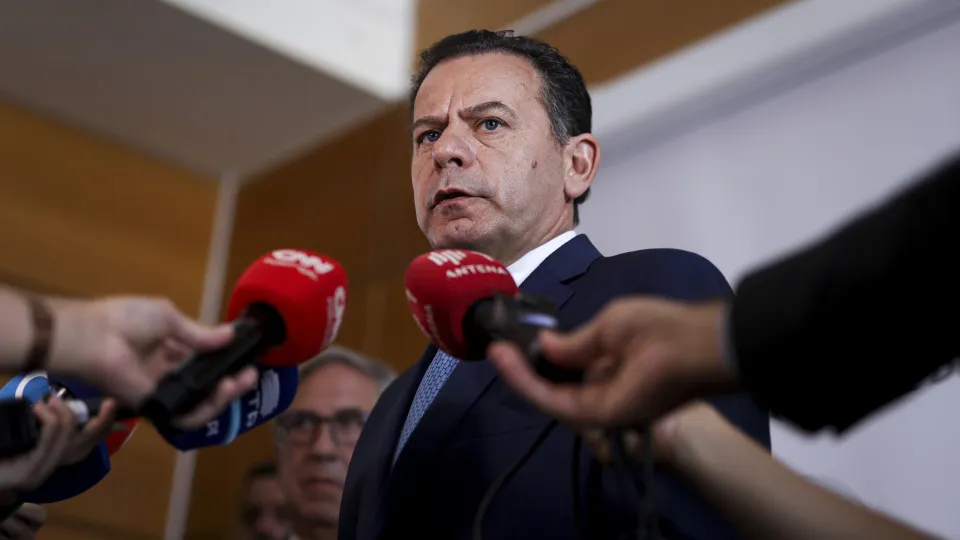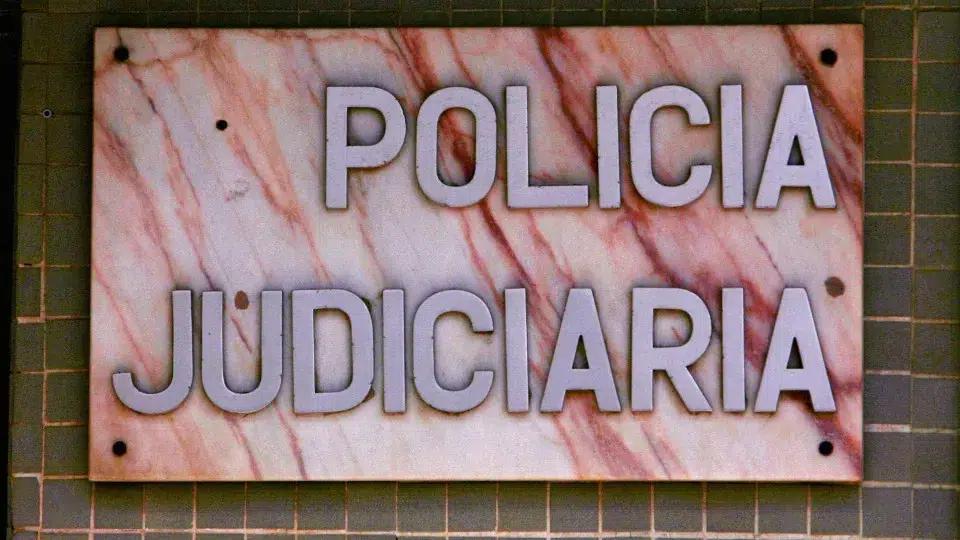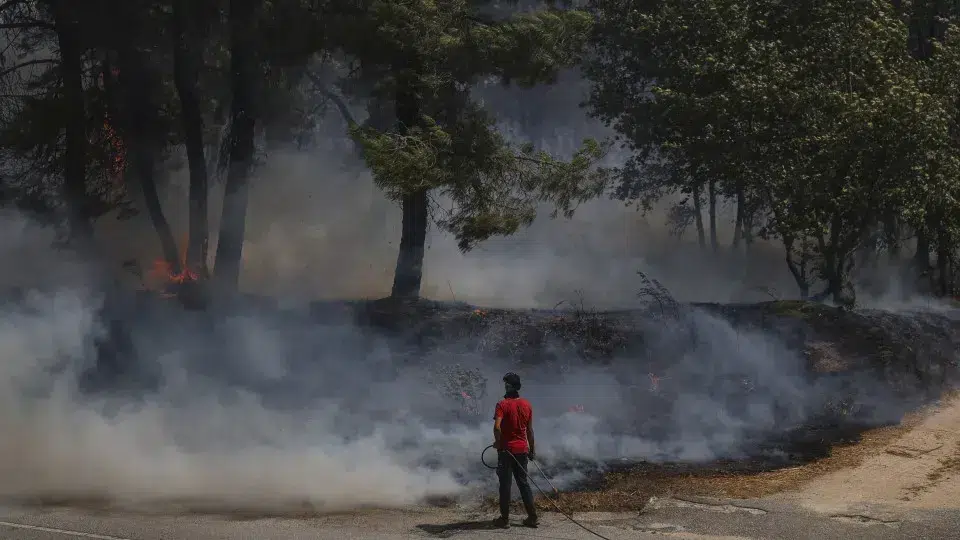
Madeira witnessed nearly 100% participation in the strike, while the Azores saw an 85% turnout.
In regions such as Évora, Lagos, Loulé, and Portimão, participation was reported at 100%, according to a union leader.
The strike led to cancellations of trials and disruptions in courts across various locations in the country.
“We were pushed into this strike due to the intransigence of the PGR,” explained Paulo Lona to Lusa, during a press conference where the results of a survey on these professionals’ excessive workload were presented.
Prosecutors engaged in the first day of a two-day national strike against the annual Public Prosecutor’s Office magistrates’ contest, which they argue undermines their specialization.
The controversy centers around the notice of the Public Prosecutor’s Office magistrates’ movement, published on June 4 in the Diário da República, which includes posts for prosecutors to fill from September in various departments and courts simultaneously.
The Attorney General’s Office has defended this decision, citing the need to “optimize existing resources” in a context of “recognized and notable shortages in human resources.”
The union leader highlighted the shortage of 100 to 120 magistrates in the workforce, which exacerbates the workload of current staff.
Nearly all magistrates who responded to an online survey admitted to working on weekends and at night.
Psychologist Tânia Gaspar, invited by the SMMP for the presentation, emphasized finding a balance between managing processes and available human resources to avoid burnout and chronic stress among professionals due to continuous work overload.
The national strike will conclude on Thursday, followed by a regional strike in Lisbon on Friday, with further regional strikes in Porto on July 14 and in Évora and Coimbra on July 15.



